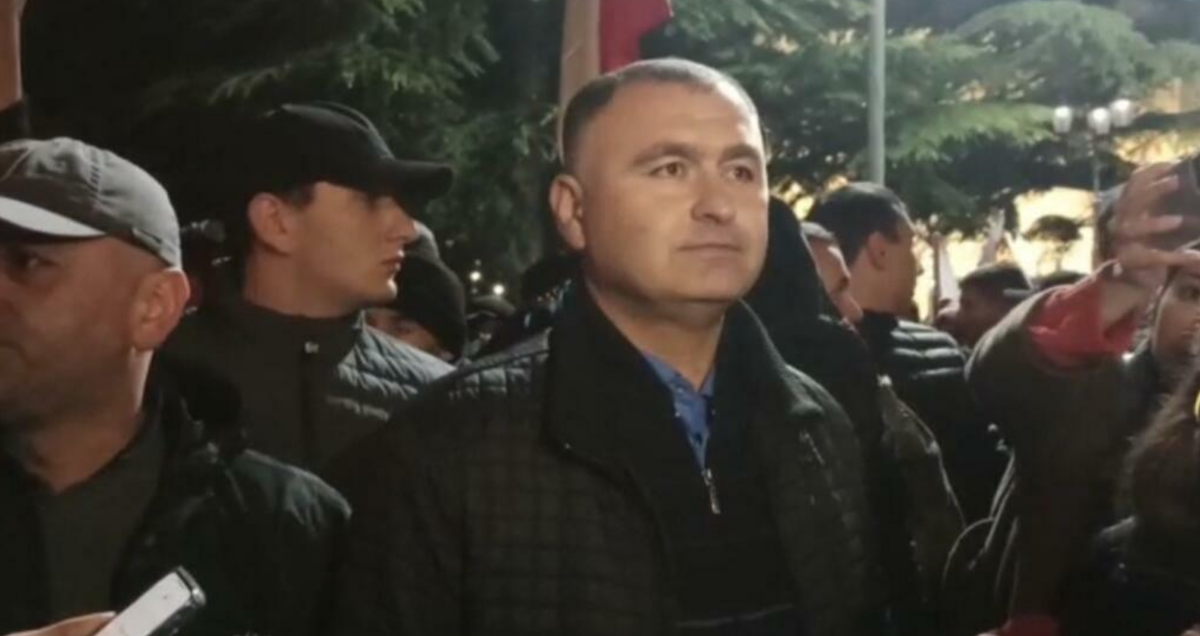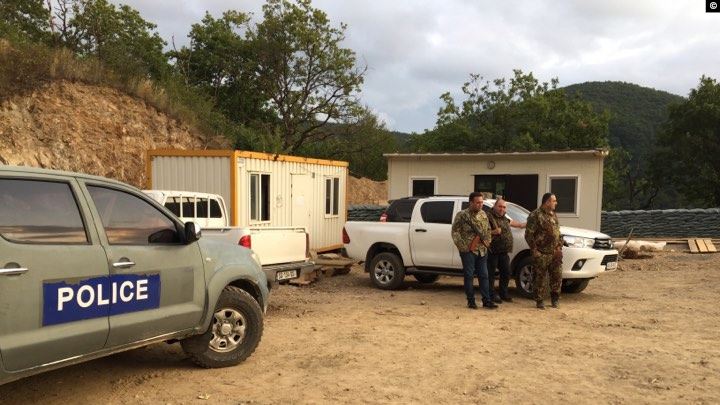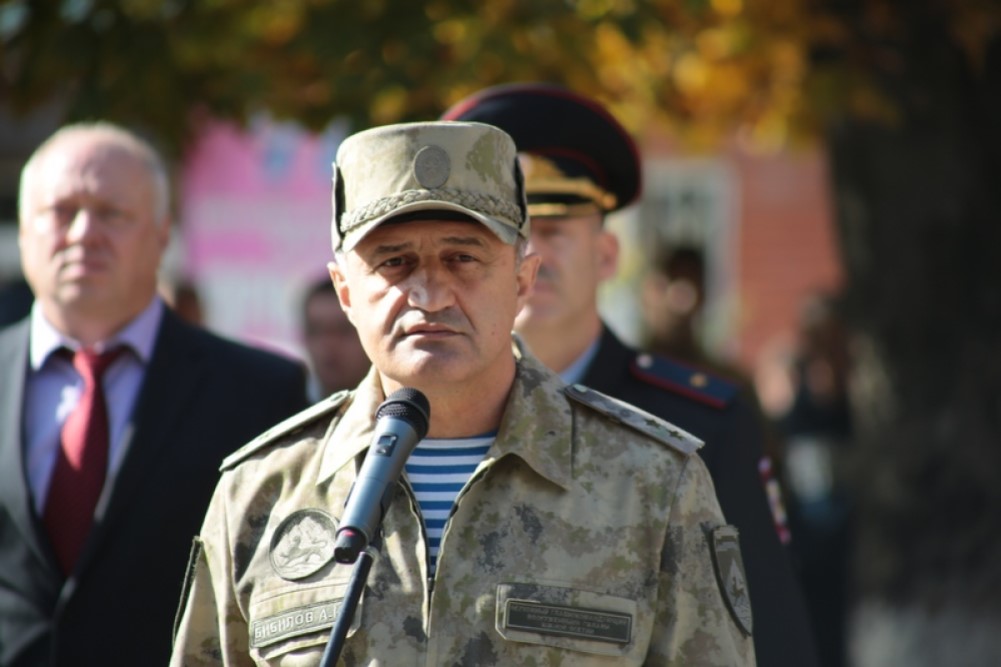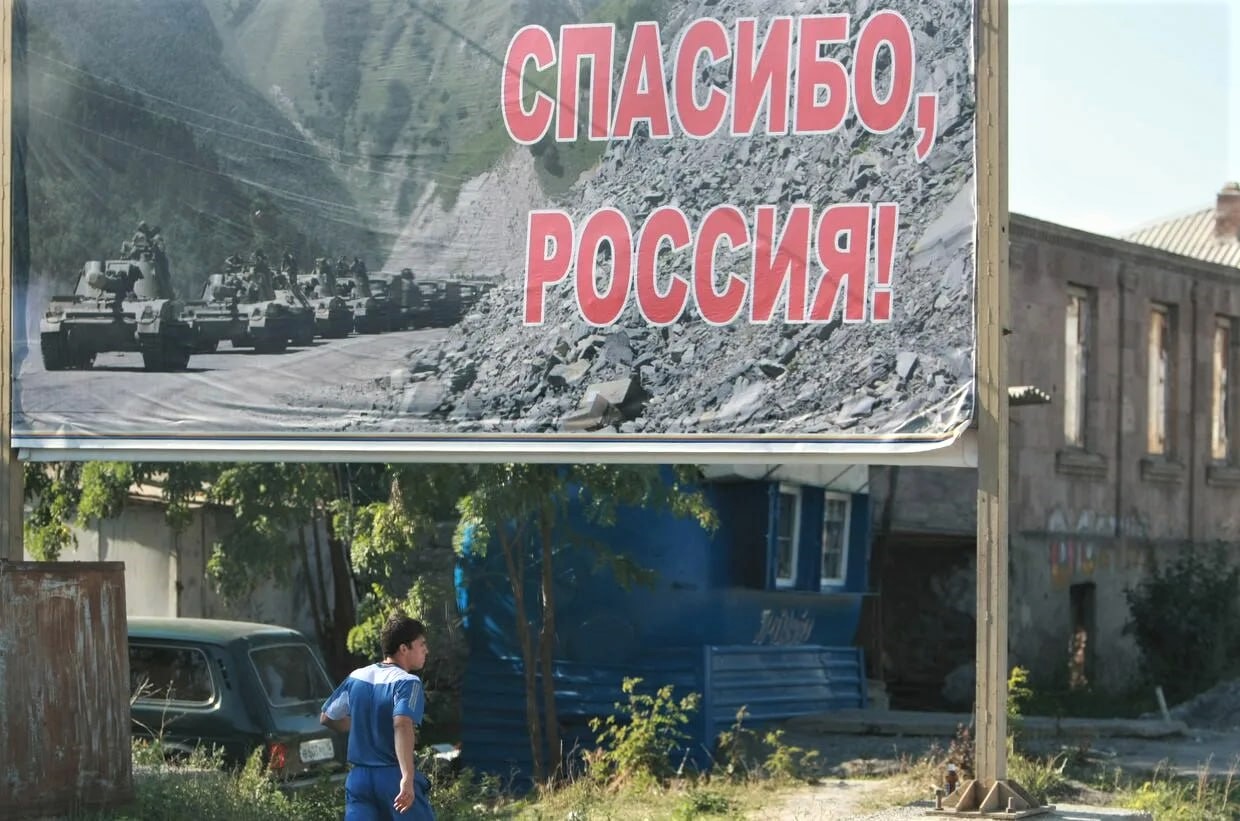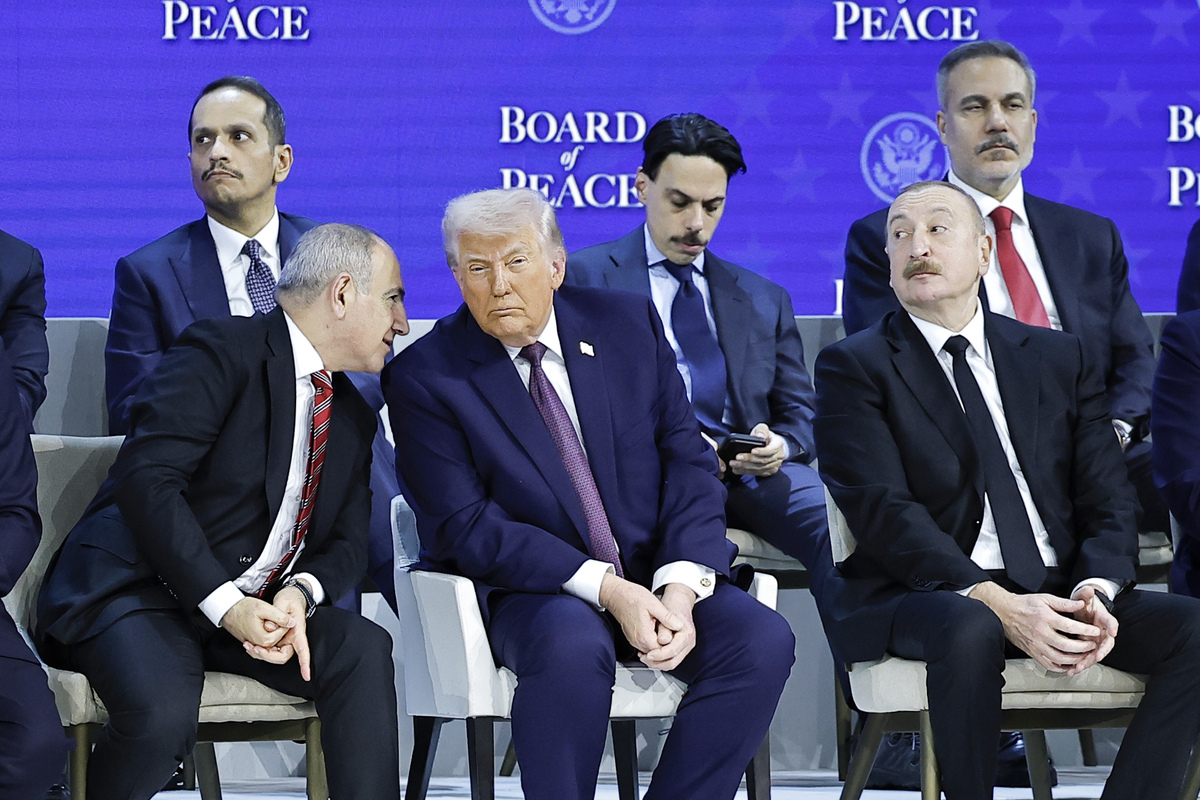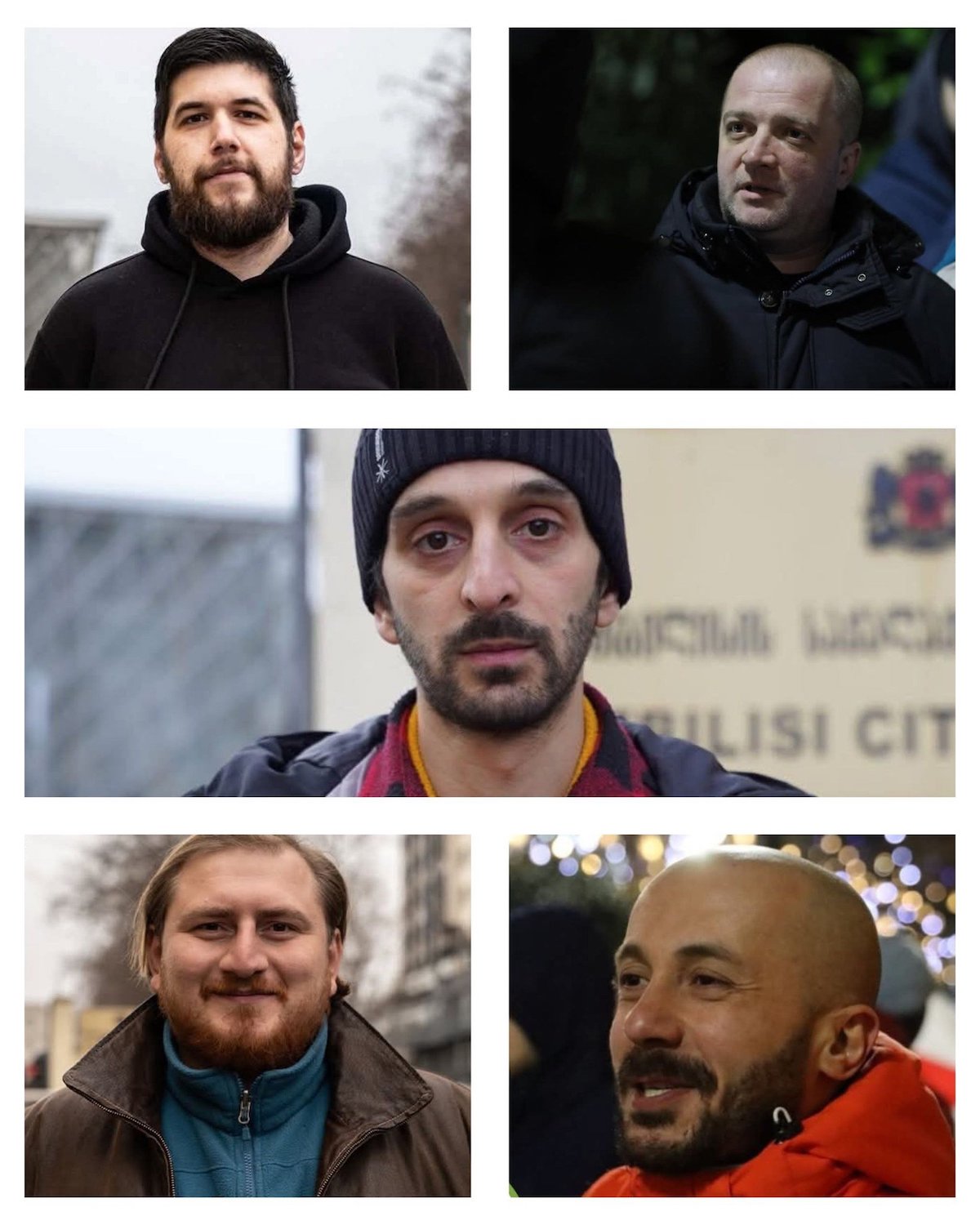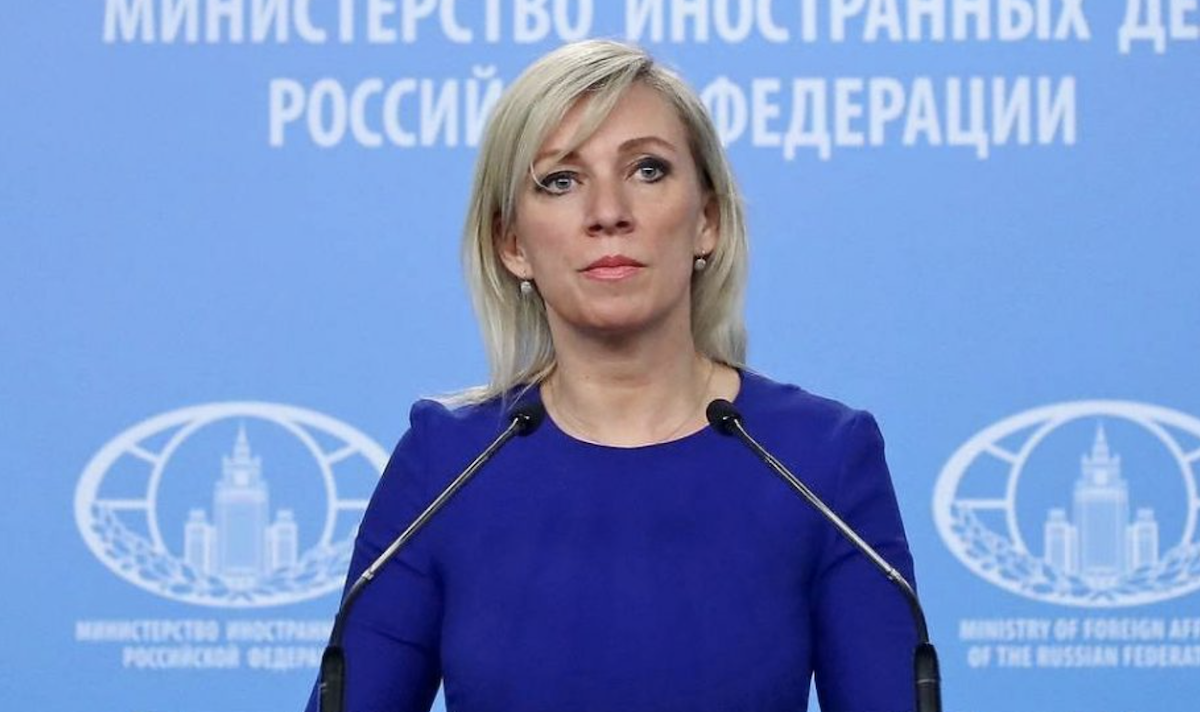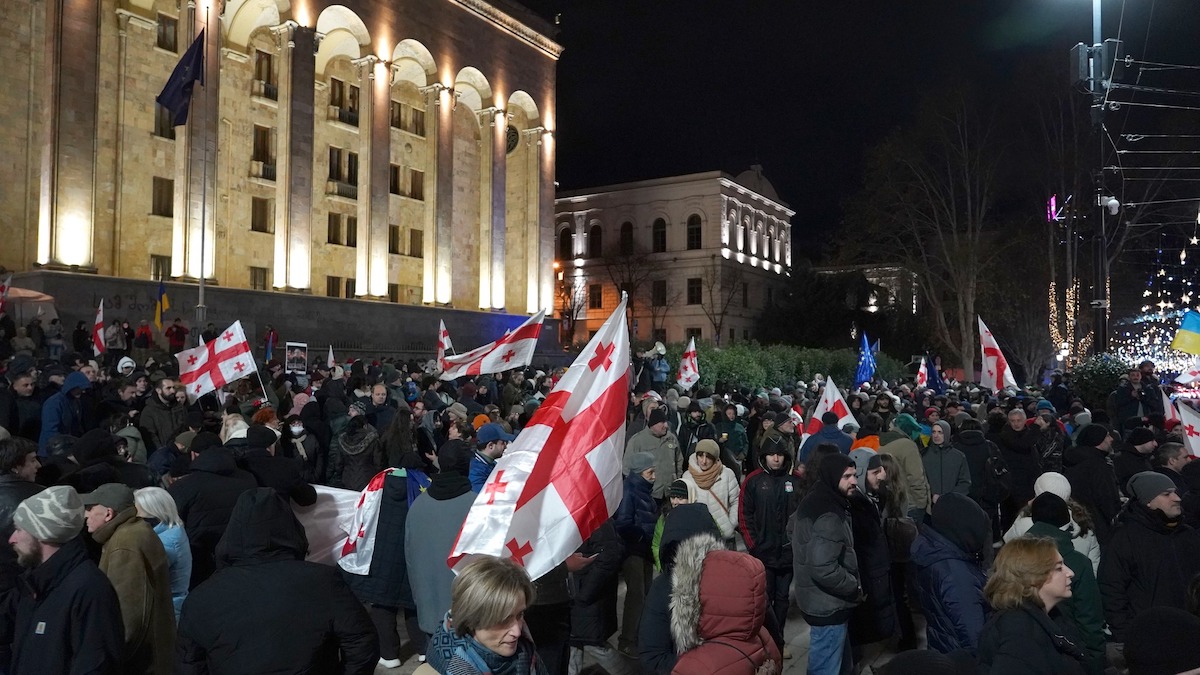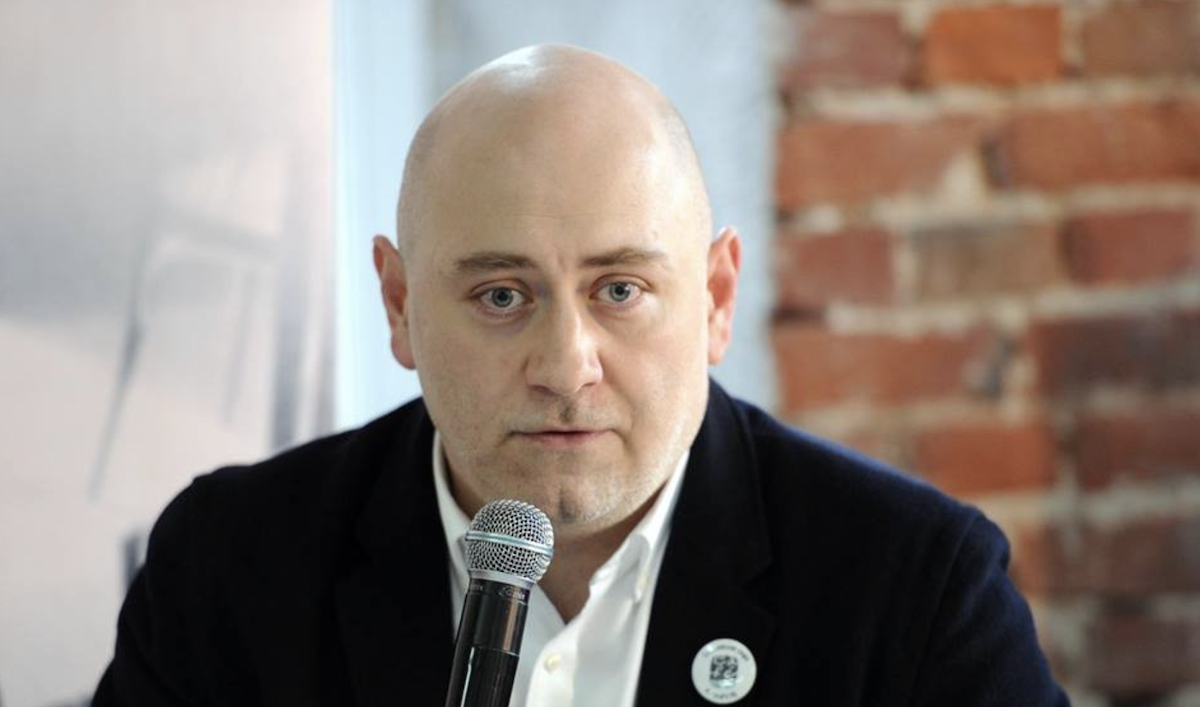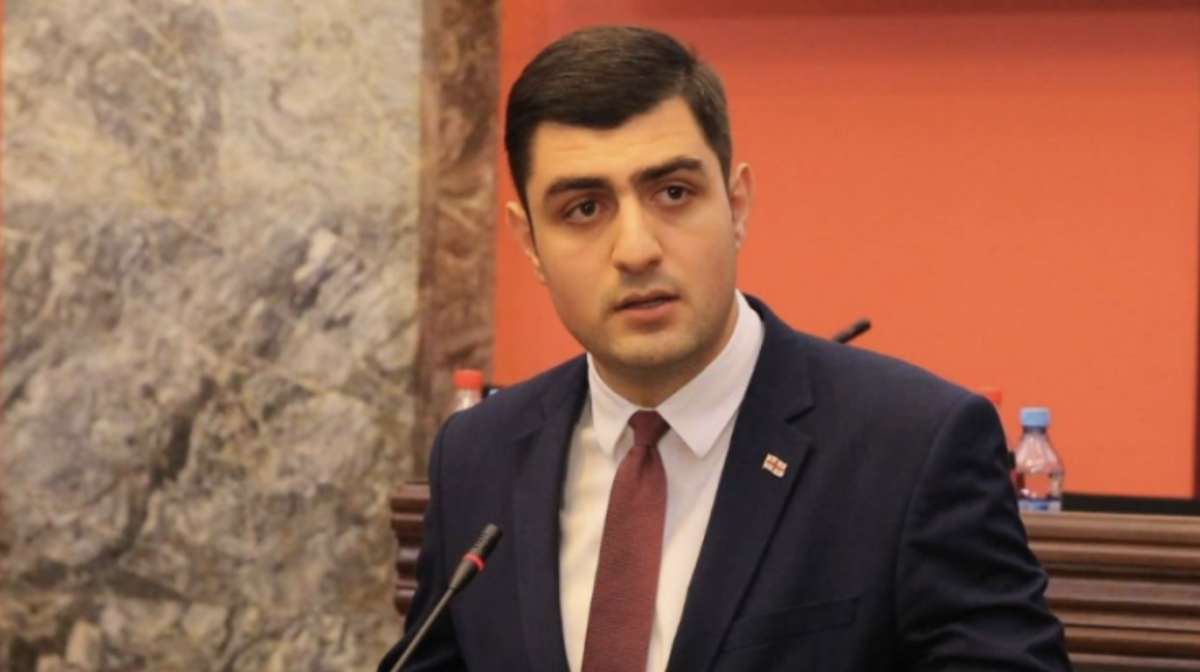How Tbilisi influenced 2022 presidential election in South Ossetia - opposition’s version
South Ossetia’s response to Gakharia’s speech
A recent statement by former Georgian Prime Minister Giorgi Gakharia has given the South Ossetian opposition new grounds to criticise South Ossetian President Alan Gagloev.
According to the opposition party “United Ossetia,” Georgian intelligence services helped Gagloev win the 2022 election and become president.
What did Giorgi Gakharia say?
The matter concerns a police checkpoint that the Georgian authorities set up in 2019 near the Ossetian village of Uista-Tsnelis in the Georgian-Ossetian conflict zone. One of the indirect consequences was a domestic political crisis in South Ossetia, as a result of which the then-president, leader of “United Ossetia,” Anatoly Bibilov, failed to secure re-election in the 2022 elections. Consequently, the party became part of the opposition.
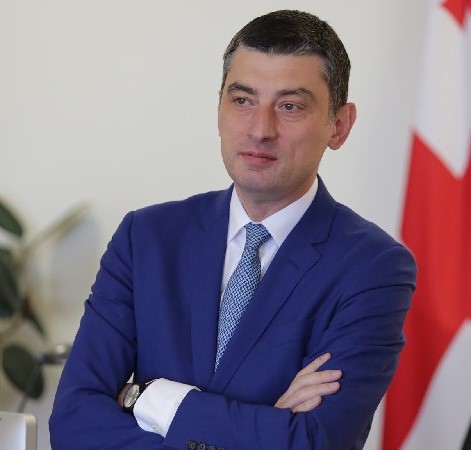
Giorgi Gakharia’s words suggest that this was precisely what the Georgian authorities were hoping for when they set up the checkpoint.
“In the end, we achieved the result: there was no war, the forest was protected, and Bibilov was not re-elected,” Gakharia said.
He claims that at the time, Tskhinvali was seeking to revise the de facto border with Georgia and to take control of 1,800 hectares of territory, and that Bibilov built his election campaign around this issue.
“Plan to discredit Bibilov”
After hearing Gakharia’s revelations, the “United Ossetia” party, in turn, issued a statement claiming that the current ruling party “Nykhas” and President Alan Gagloev used the very same checkpoint in their political struggle against Bibilov:
“The events of 2019 triggered a new wave of tension between South Ossetia and Georgia. As it has now become clear, the Georgian side deliberately provoked an escalation, aware of the internal work South Ossetia was conducting to clarify the borders, including with the involvement of Russian structures.
Gakharia’s admission confirms that the Georgian special operation was aimed at disrupting the initiatives of the then South Ossetian leadership, discrediting Bibilov, and reshaping the political landscape of the republic.”
“United Ossetia” believes that the Georgian government “devised a plan to discredit Bibilov and remove him from office in order to correct mistakes made during the border demarcation.”

“Under Bibilov, the border demarcation processes became much more active than before and after him, despite the outcries from Tbilisi. A commission was established to collect materials confirming South Ossetia’s rights to a number of disputed territories.
Among other things, complaints from residents of the village of Tsnelis were examined — a village that had been handed over to Georgia in 2012–2014 at someone’s whim. As a result of the commission’s work, South Ossetia’s rights to the village and the surrounding areas, which contained mineral deposits, were confirmed.”
From United Ossetia’s point of view, Gakharia admitted “that the Georgian side was aware of the work being carried out and rushed to launch a special operation against the then South Ossetian leadership, using not only security forces but also its agents.”
As a result, United Ossetia says, Alan Gagloev came to power, under whom “the work on clarifying the border line has been shut down, and any attempts to raise the issue are now suppressed.”
Aborted referendum
United Ossetia also believes that Anatoly Bibilov angered Georgia by pursuing a course of integration with Russia and openly declaring that his goal was South Ossetia’s accession to the Russian Federation:
“This course did not suit Tbilisi and was one of the key reasons for the attack on Bibilov. After he left office, the level of interaction with Russia dropped to a historic low, and the very idea of accession fell under an unofficial ban.”
It is worth recalling that in the spring of 2022, while still president, Bibilov signed a decree to hold a referendum on South Ossetia’s accession to Russia. However, his successor Alan Gagloev ‘suspended’ the decree and cancelled the referendum.
Pawns or accomplices?
But the main question posed by “United Ossetia” is: who facilitated the success of this operation by the Georgian intelligence services?
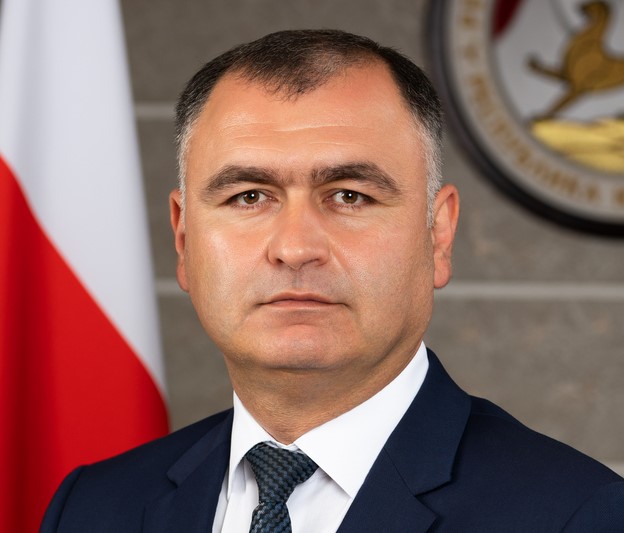
“Gakharia’s admission forces a new perspective on the events of the domestic political crisis of 2019–2022. Some of the figures from that period now hold high office, and it is up to the public to judge whether they were merely pawns in someone else’s game or knowingly acted in the interests of a neighbouring state,” the United Ossetia statement said.
Those “figures” refer in particular to: President Alan Gagloev himself, head of the presidential administration Alan Alborov, and First Deputy Speaker Zita Besaeva.
These politicians, as well as the ruling party “Nykhas” in general, have not commented on these statements.
Toponyms, terminology, views and opinions expressed by the author are theirs alone and do not necessarily reflect the views and opinions of JAMnews or any employees thereof. JAMnews reserves the right to delete comments it considers to be offensive, inflammatory, threatening or otherwise unacceptable.










